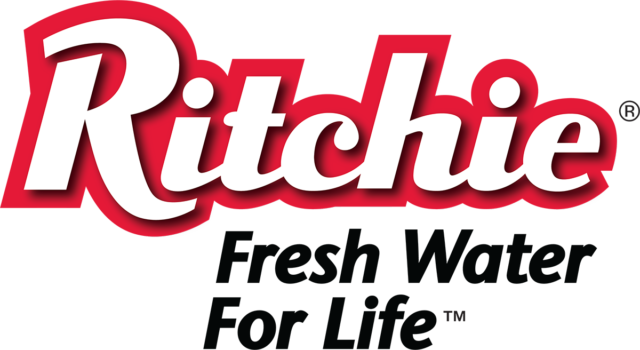First, I must say a huge thank you to the Chrysler Group, owners of the Dodge Ram, for what they did for the entire agriculture industry on Super Bowl Sunday. Certainly, Dodge couldn’t have showcased a more deserving industry.
In 60 seconds, Dodge displayed on the world’s stage what we in the industry have known forever – farmers and ranchers are tough, no-nonsense, hardworking and passionate individuals. It’s not just a profession; it’s a way of life; one that deserves to be celebrated.
The video is embedded below. Story continues below video.
What was more impressive, perhaps, was the instant response that the commercial garnered on Twitter, Facebook and other social media platforms. Within minutes of the commercial airing, my Twitter feed lit up with industry members shouting their praises from far and wide.
This got me thinking – why can’t we mobilize like this as an industry on a consistent basis? Just think what we can accomplish if we did.
While I can’t say enough good words about Dodge for what it did for our industry, my thought remains: Why did it take this commercial to elicit that kind of an industry response? Why aren’t we collectively active on social media like that normally? Why aren’t we using every opportunity to connect with the public, our consumers? How can we do better?
In order for 2013 to truly become the year of the farmer – as Dodge and its partners so generously envision – we need to expound upon the head start they just gave us. Here are a few of my thoughts on how we can do it.
First, use every opportunity to connect to those outside the industry. I was invited to speak at the American National CattleWomen’s convention last week in Tampa, Florida. While there, I had the opportunity and privilege to meet cattlewomen from all over our great nation.
I got to speak with these women and find out about their ranches, many of which have been in their families for generations. I got to hear about their struggles and challenges, their triumphs and hopes for the future.
I also got to listen to other speakers educate the cattlewomen about some of the hurdles we face collectively as an industry. One of the cattlewomen I met told me that on the airplane ride from Oregon to Tampa, she sat next to a woman completely removed from agriculture – not unlike the majority of the U.S. population.
The two got to talking, and the woman was amazed to learn that her “seat buddy” – my new friend the cattlewoman – was a real, live cowgirl. In fact, the woman informed my new friend that she thought that “cowgirls” were made up.
The cattlewoman told me she asked the woman where she thought her food came from and proceeded to talk about the beef industry and her family ranch.
I know you all have stories just like my new friend from Oregon – stories about your family ranches. Those are the stories we need to share with the public – even if it is just one person at a time. My bet is that the woman went home that night and told her family the story of the real, live cowgirl. Sounds like a great success to me.
My second suggestion is to get involved in your state and federal legislative process. There are a lot of state and federal legislators who have the best interests of agriculture at heart.
You need to befriend them and form meaningful relationships before they’re needed, so that you can call on them when they are, and so they will call on the industry when they are presented with legislation that could negatively impact agriculture. We all need to educate legislators and politicians the same way we need to educate consumers.
After all, most politicians see themselves as consumers first, and policymakers second. So go to your local congressman’s or senator’s town hall meeting, visit them in D.C. or at the very least write them a letter.
Moreover, most modern politicians are active on social media. Reach out to them when they do something great and tell them thanks. We all know how great it feels to get a compliment.
My last suggestion is not to get dragged down in all the negative propaganda put out there by the animal rights and other activist groups. While I won’t lie and say they’re not a threat because they are – they are well-funded and well-connected, but we need to focus on the positive and take advantage of every opportunity to educate and present both sides to a debate.
That being said, educate yourselves on the “hot button” issues like Meatless Mondays, antibiotic resistance, inhumane handling and others so that if you are asked a question you have a response.
I have every confidence that 2013 can be the year of the farmer, but we have to rise to the occasion. I can honestly say, I was deeply touched by the stories I heard and the people I met at the American National CattleWomen and National Cattlemen’s Beef Association Conferences last week.
I remarked to my husband that if the average consumer could attend a conference like the CIC13 and meet these people, our industry wouldn’t be facing the challenges we are.
We truly are an incredible industry – we just need to help people understand that. That’s why God made a farmer. ![]()
 Emily Metz Meredith
Emily Metz Meredith
Communications Director
Animal Agriculture Alliance






